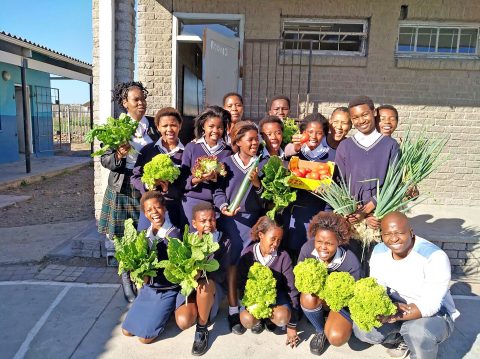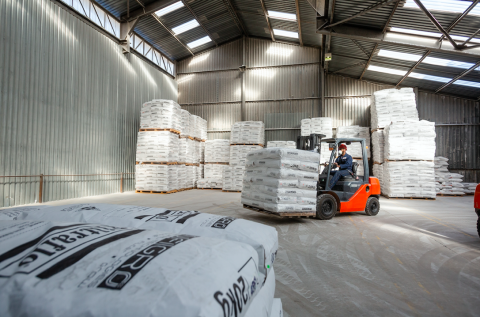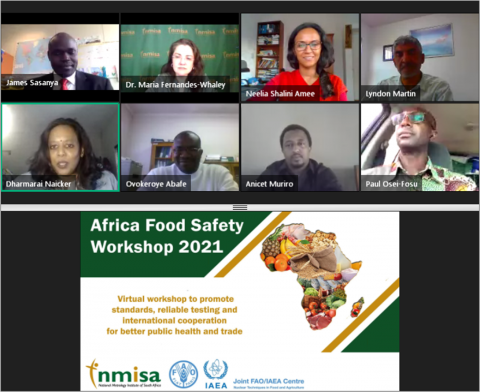Food Basket
The Science Of Soil
The latest numbers from the United Nations’ World Food Programme (WFP) suggest that despite lowering levels of relative poverty, a record number of people in Southern Africa are in urgent need of food aid. Thanks to drought, low economic growth, the changing climate and growing population, some 45 million in our direct region regularly go short of food.
Tackling this is going to take concerted effort, and part of the solution means investing in soil science, says Dr Eduard Hoffman, chair of the Department of Soil Science at the University of Stellenbosch.
Hoffman runs a range of soil-related academic and research programmes aimed at helping the agricultural industry get the most out of their land. “If we want to sustain long-term agricultural production, we need to have a real, comprehensive understanding of what our crops are growing in,” he says.
Farming 2.0
Let’s imagine you have a field you plan to farm. If you were to map the entire field, you’d find various soil types. If you were planning to plant the same crop across the field, for example, maize, your crop management, irrigation and fertiliser use will need to be tailored according to these different soil requirements. So you may irrigate one corner more than you do everywhere else. And in areas of the field with high potential, you’ll use more fertiliser and have less spacing between your plants because the science tells you that this area will produce an impressive yield.
“It’s all about using science – and technology – to optimise the use of your soil and make farming more efficient,” says Hoffman.
This approach to farming is called precision farming, Hoffman explains. And it’s the reason why farmers today are able to produce more than they did in the past even though they are farming on the same number of hectares.
Now retired, Professor Chris du Preez has spent years researching how to manipulate soil to improve how crops grow. Over the course of this career, he has conducted extensive soil studies to improve water efficiency in farming. When resources are scarce, his research helps farmers to calculate exactly how much water they need to achieve a certain yield, what the best watering methods are for different crops, and when it is the best time to water.
“When you’re working on a commercial farm, this level of precision can be the difference between success and failure and it can save you a lot of time and money,” says Du Preez.
“In times of drought, when water is restricted and farmers have to do more with less, we can use new techniques and technologies to measure more closely and more accurately,” adds Hoffman. “Soil is literally the foundation of agriculture. In understanding soil better, farmers can make better decisions and produce better results,” he concludes.






 Sign-up and receive the Business Media MAGS newsletter OR SA Mining newsletter straight to your inbox.
Sign-up and receive the Business Media MAGS newsletter OR SA Mining newsletter straight to your inbox.